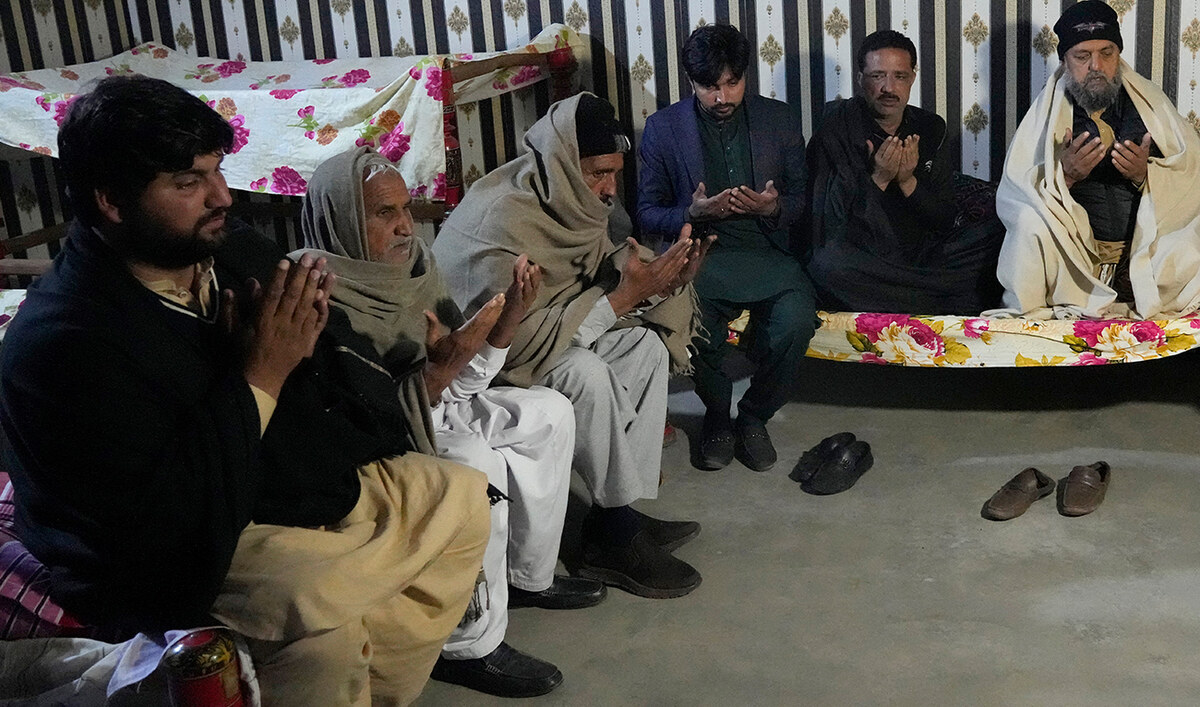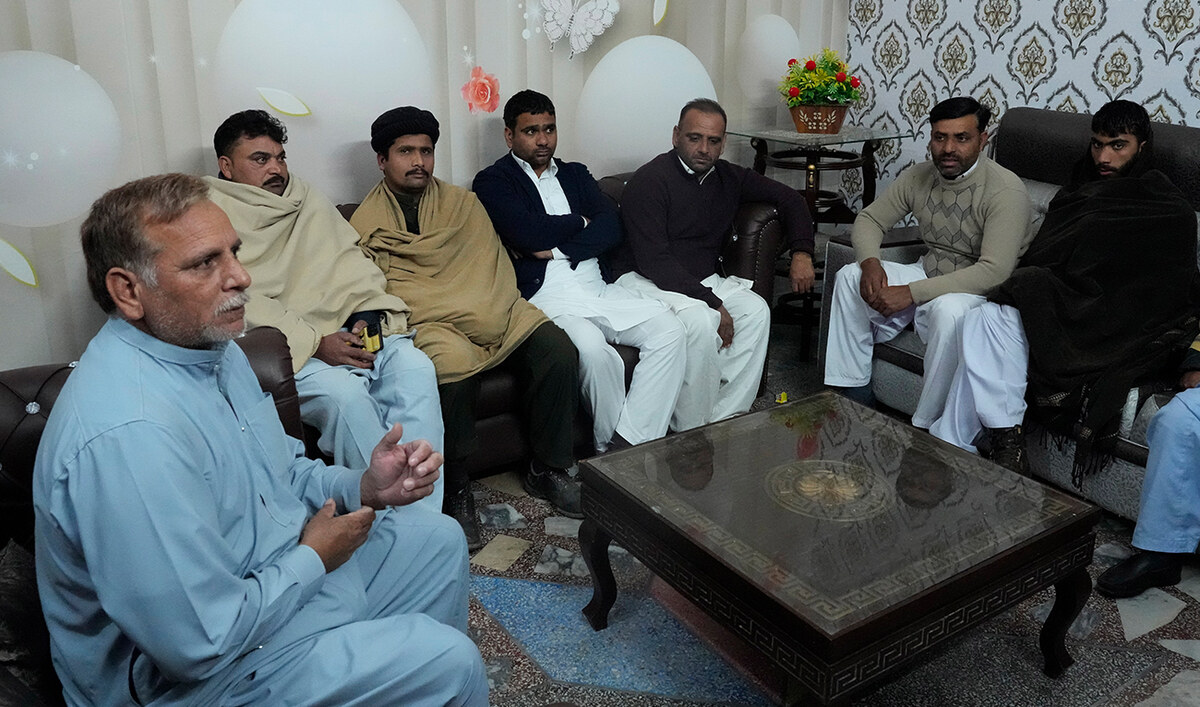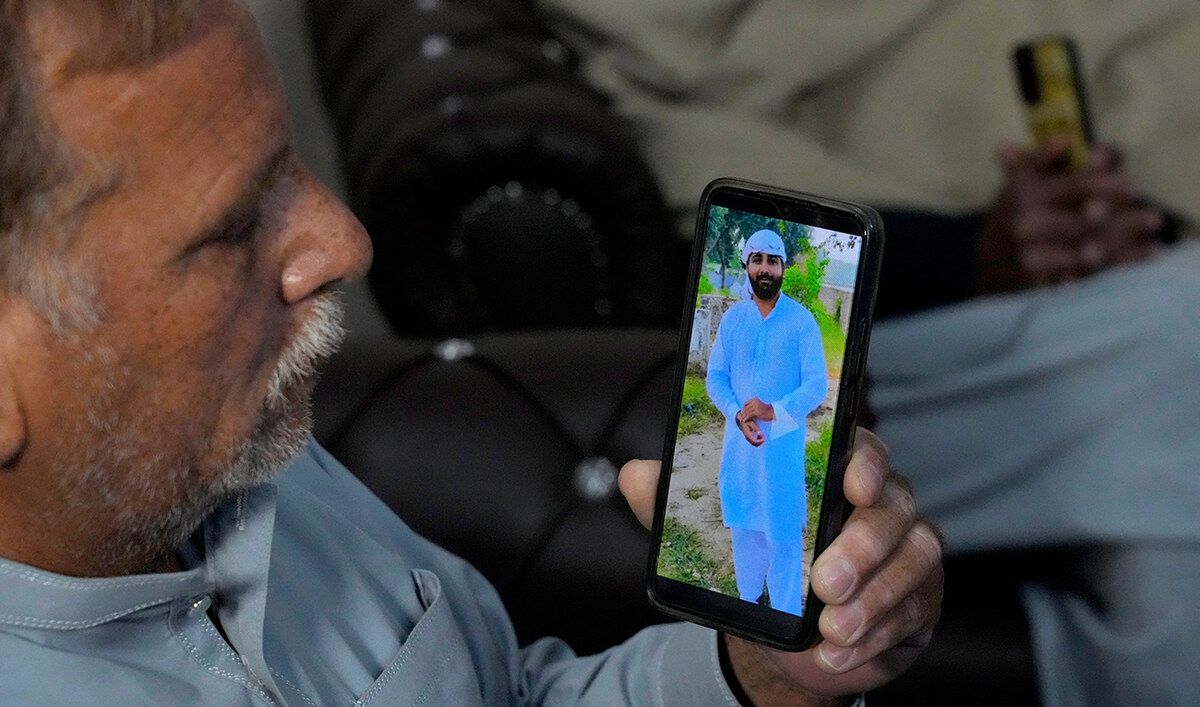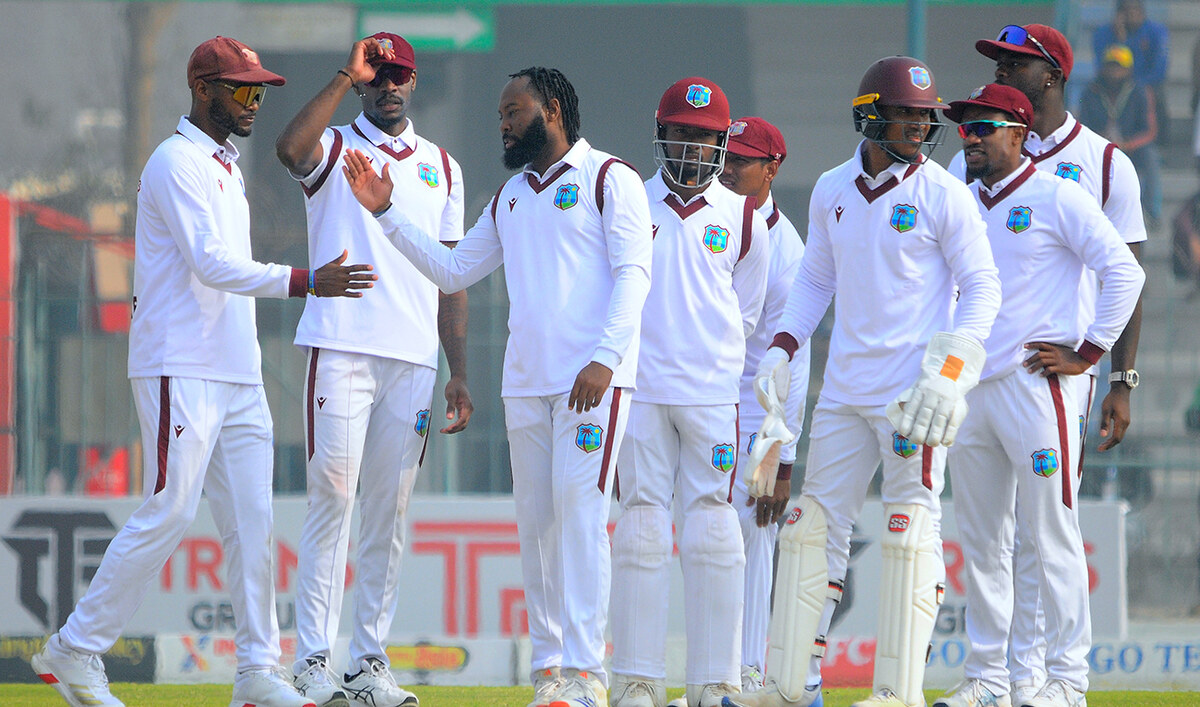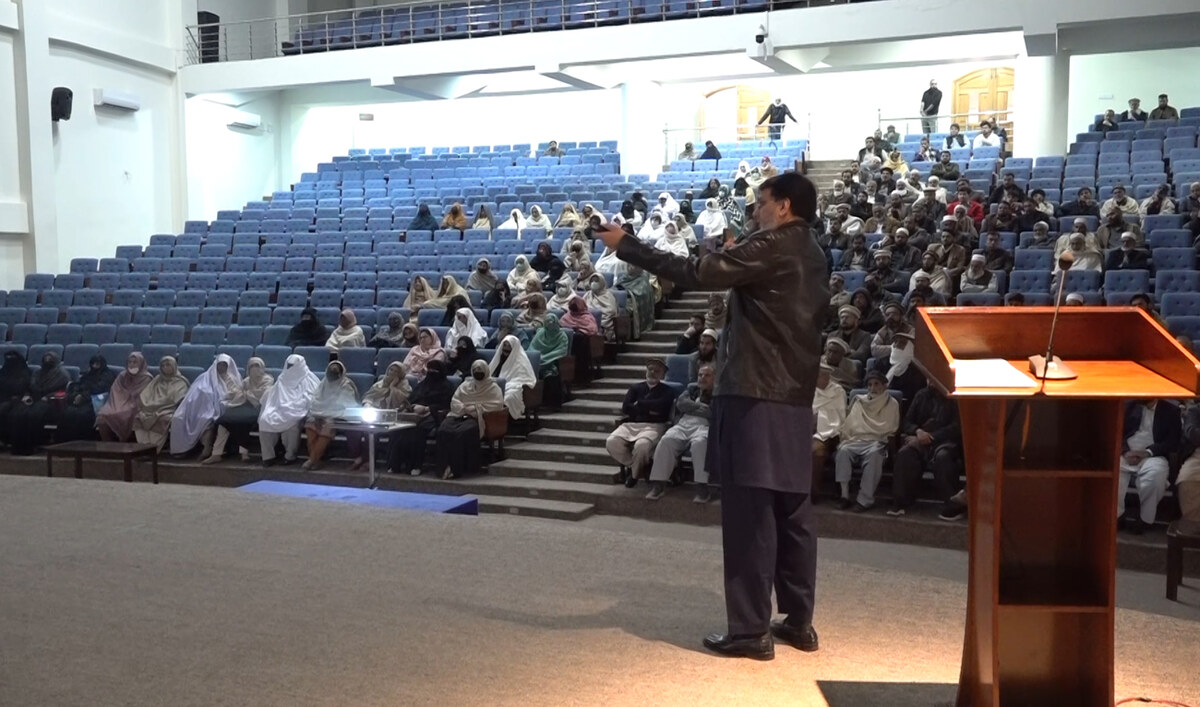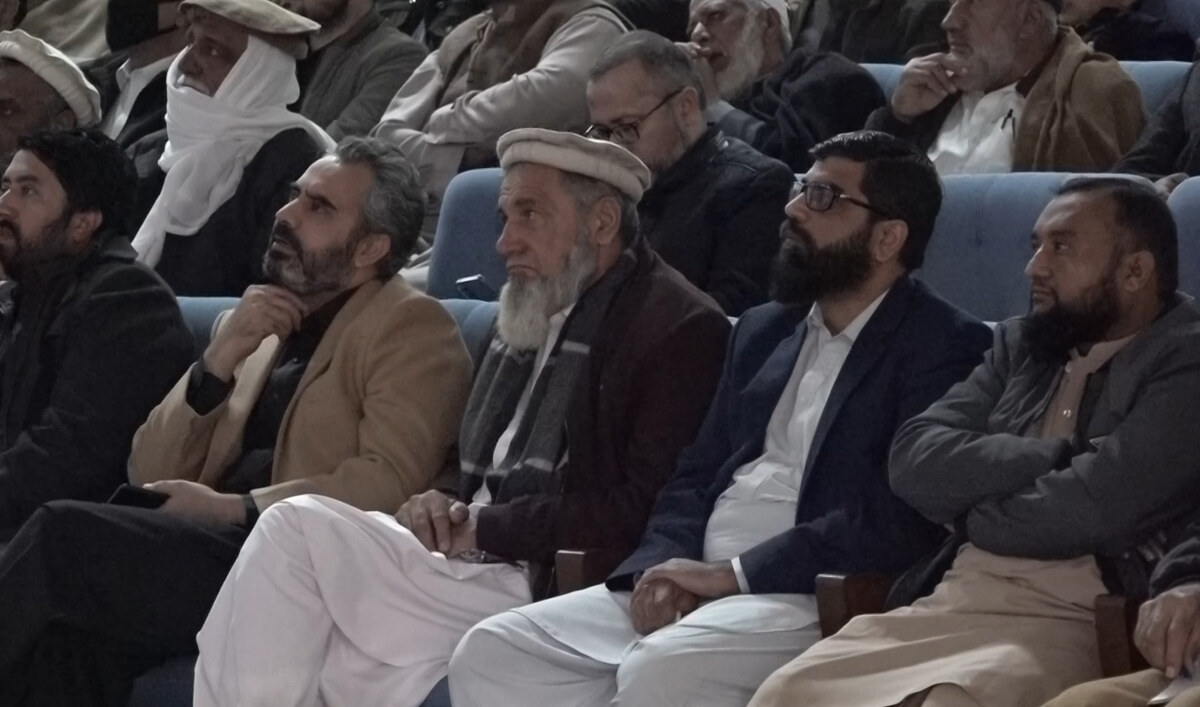KARACHI: Point-of-sale transactions routed through Pakistan's main digital payment systems fell by around 50% the day after former Prime Minister Imran Khan's arrest ignited countrywide protests and prompted authorities to shut down mobile internet services, data showed on Thursday.
The reason for the slump was primarily the mobile broadband suspension, in addition to lower footfall at the limited number of stores opened due to the political turmoil, the two largest payments system operators, 1LINK and Habib Bank Limited, told Reuters.
The violent protests that followed Khan's arrest on Tuesday by the country's anti-graft agency have hit commercial activity in Pakistan hard.
Mobile data services have remained shut since Tuesday night on the orders of the interior ministry - the longest such continuous shutdown in a country that often suspends communications as a tool to quell unrest.
Many major roads and businesses have also remained shut, mainly in the eastern city of Lahore, Pakistan's second-largest city.
Data shared with Reuters by 1LINK on POS through its platform showed international payment card transactions were down on Wednesday by 45% in volume, from a daily average of 127,000 during the week of May 1 to 7 to approximately 68,000 on May 10.
The daily value of transactions using international payment cards was down 46%, from 606 million rupees ($2.14 million) to 330 million rupees ($1.16 million) on May 10.
1LINK is Pakistan's major facilitator of POS digital payment transactions for international platforms such as Visa and Mastercard.
Transactions on Pakistan's only domestic payment scheme, PayPak, were down 52% in volume to 18,000 transactions on Wednesday, and 56% down in value to roughly 62 million rupees ($218,775).
Ali Habib, spokesperson at HBL, Pakistan's largest bank, said that it had seen a decline of 60% in the throughput of the POS machines.
"HBL processes over 30% of the entire throughput of the POS machines in Pakistan. This is the largest share in the market," he added.
The State Bank of Pakistan did not immediately respond to questions sent by Reuters.
Cash transactions still dominate Pakistan's commercial dealings, with much of the market undocumented, but digital payments have been growing fast in the country of 220 million. Many retailers and industrialists across Pakistan have also said their activities had ground to a halt since the protests started on Tuesday.
More than 1,600 people have been arrested while five have been killed and hundreds injured in riots, including more than 160 policemen.
On Tuesday, the Pakistan Telecommunication Authority (PTA) suspended mobile broadband services across the country.
Social media platforms such as Facebook, Youtube and Twitter were also down, resulting in demand for virtual private networks to surged by 1,329% on Wednesday compared with the average, according to Simon Migliano, Head of Research at Top10VPN.
Migliano calculates that the suspension of mobile broadband and social media platforms has cost nearly $100 million so far.
($1 = 283.4000 Pakistani rupees)






